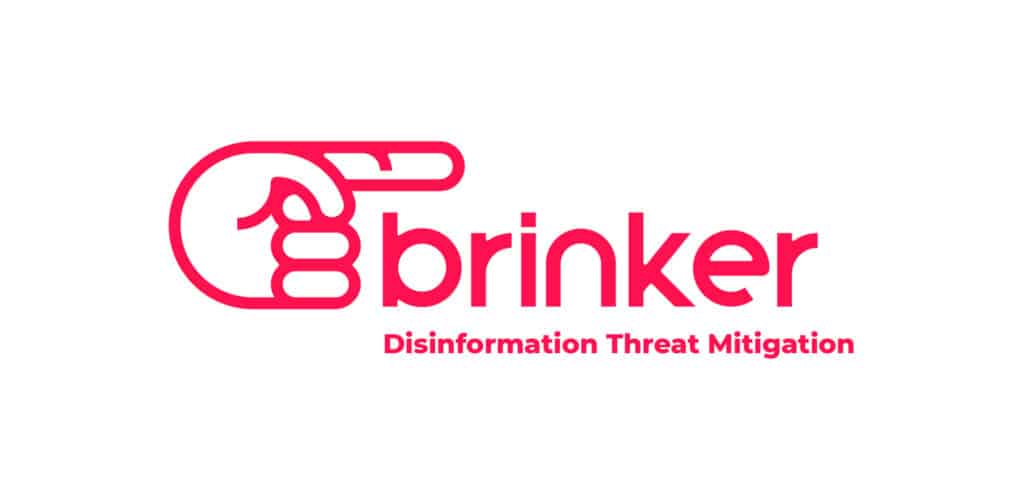When it comes to security, the web is insecure-by-design. We’ve known that for a long time – what with “man in the middle” attacks like FireSheep, drive-by download attacks and more. The problem has always been how to scale web based attacks. At the end of the day, having an attack web page is great but, like every other website owner, you still have to figure out how to get people to visit your site! Now researchers at WhiteHat security say they’ve found an easy way around the “scale” problem: ad networks. In a presentation at Black Hat this week, Jeremiah Grossman, the CTO of WhiteHat Security, and Matt Johansen, the Manager of Threat Research there, will show how would-be attackers can parlay a small cash outlay into a sizeable browser-based botnet that could be used to send out spam, spread malicious code or launch denial of service attacks on other web […]
Recent Posts
Podcast: Black Hat Preview With Trustwave’s Nick Percoco
Next week, the world’s attention will shift to Las Vegas for the annual Black Hat and DEFCON hacking conferences. What will be the big trends this year? We sat down last week with Nicholas Percoco of Trustwave’s Spider Labs to get his thoughts on the show. Nick is a regular at Black Hat and other events – both in the audience and on the stage. He said one of the big themes this year will be hacks on consumer electronics and home automation systems. As we reported, two Trustwave researchers have delved into the security of a wide range of “smart home” technologies, including home automation gateways and even a bluetooth enabled “smart toilet.” Percoco said that manufacturers of these devices need to pay more attention to security, and can’t assume that the people buying their devices are technically sophisticated enough to understand how to safely deploy or manage Internet […]
Breaking And Entering: Hackers Say “Smart” Homes Are Easy Targets
In just the last two years, the price of home automation technology has come way down, while variety has exploded. Smart home technology goes way beyond niche products like the Nest IP-enabled thermostat or (save us) the “HAPIfork.” A growing list of vendors are selling infrastructure to support a whole network of intelligent “stuff”, enabling remote management of home security and surveillance systems, IP-enabled door locks, IP enabled lights, smart home appliances, HVAC (heat and cooling) and more. Pretty cool. And, also, pretty scary. What if that IP-enabled door lock or garage door opener could be hacked by someone outside your home and made to open on its own? Breaking and entering just got a lot easier. Or, what if a HVAC system could be hijacked and remotely disabled or forced to operate in ways that would damage the system or even cause a fire or electrical short in the […]
Six Hours, $4500: The Short Life and Quick Death Of A Facebook Bug
A security researcher based in Indonesia disclosed yet another Facebook bug this weekend – one that would allow an attacker to obtain the primary e-mail address associated with any Facebook account. Hours after informing the social network about the bug, however, it was closed and the researcher, Roy Castillo, was $4,500 richer. Castillo, a white hat vulnerability researcher based in The Philippines, disclosed the bug in Facebook’s Developer Application Roles Page in a post on his blog on Saturday. When exploited, it allowed an attacker to discover the primary Facebook email address of any account – even those with the email privacy setting on “Only Me,” Castillo wrote. Attackers would need a Facebook Developer account and some basic programming knowledge to take advantage of the vulnerability, in which Facebook mistakenly disclosed the e-mail address associated with a unique Facebook user ID. After discovering the buy on June 25th, Castillo […]
Microsoft Bug Bounties Flowing To Googlers
Two Google employees earned the distinction of receiving some of the first monetary rewards (a.k.a. “bounties”) issued under the company’s newly minted bounty program. Fermín Serna, a researcher in Google’s Mountain View, California headquarters, told The Security Ledger that he received a bounty issued by Microsoft this week for information on an Internet Explorer information leak that could allow a malicious hacker to bypass Microsoft’s Address Space Layout Randomization (or ASLR) technology. His bounty followed the first ever (officially) paid to a researcher by Microsoft: a bounty that went to Serna’s colleague, Ivan Fratic, a Google engineer based in Zurich, Switzerland, for information about a vulnerability in Internet Explorer 11 Preview. Fratic (@ifsecure) acknowledged the honor in a July 11 post on his Twitter account. In an e-mail exchange with The Security Ledger, Serna declined to discuss the details of his discovery until Microsoft had a patch ready to release. But […]






